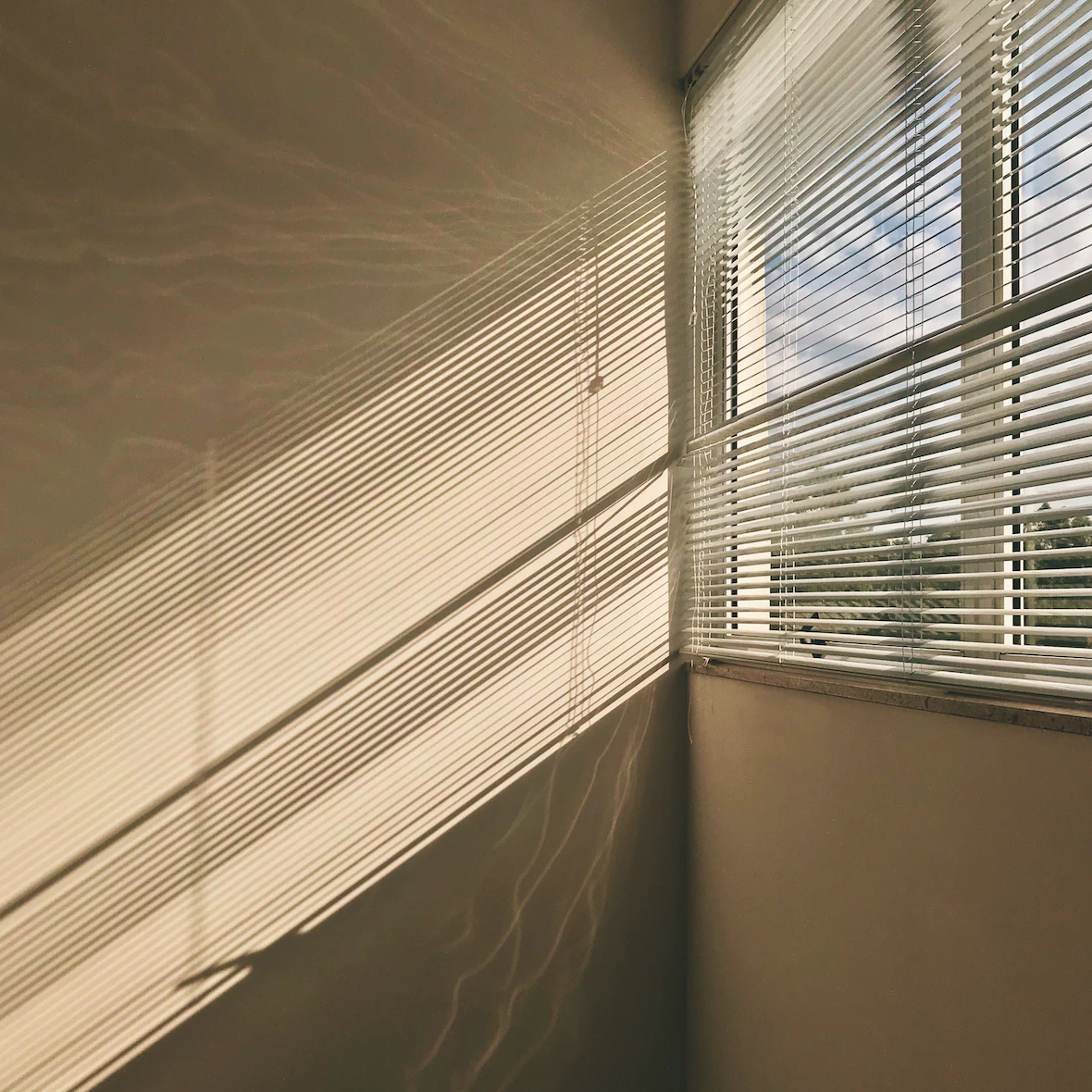Understanding HOA Fees: A Comprehensive Guide

Table of Contents
Homeowners’ Associations (HOAs) are a common feature in many residential communities, from condominiums and townhouses to single-family homes in planned developments.
These organizations play a crucial role in maintaining the quality, safety, and overall aesthetics of a community, but they also come with financial obligations for the homeowners in the form of HOA fees.
Understanding what these fees are, what they cover, and how they can affect your homeownership experience is essential for current and prospective homeowners.
What Are HOA Fees?
 HOA fees, also known as assessments or dues, are regular payments that homeowners within a community are required to make to their Homeowners’ Association. These fees are typically set by the HOA board of directors and can vary widely based on several factors, including the size and location of the property, the amenities offered, and the cost of services in the area.
HOA fees, also known as assessments or dues, are regular payments that homeowners within a community are required to make to their Homeowners’ Association. These fees are typically set by the HOA board of directors and can vary widely based on several factors, including the size and location of the property, the amenities offered, and the cost of services in the area.
What Do HOA Fees Cover?
The primary purpose of HOA fees is to fund the maintenance and improvement of common areas and shared amenities within the community. This can include:
- Landscaping and upkeep of green spaces.
- Maintenance of community facilities such as swimming pools, fitness centers, and clubhouses.
- Security measures like gated entrances and surveillance systems.
- Administrative costs, including insurance for common areas, legal and accounting services, and property management.
- Trash removal and utilities for common areas.
- Reserve funds for future maintenance and repairs.
- Community events and social activities.
HOA fees also contribute to the enforcement of community rules and guidelines, known as covenants, conditions, and restrictions (CC&Rs), which help maintain a cohesive and attractive environment.
Administrative Costs and the Backbone of the HOA
 The smooth operation of an HOA requires a solid administrative structure. HOA fees help cover the costs associated with this, including insurance for common areas, legal and accounting services, and property management.
The smooth operation of an HOA requires a solid administrative structure. HOA fees help cover the costs associated with this, including insurance for common areas, legal and accounting services, and property management.
These administrative costs are crucial for the day-to-day functioning of the HOA and for upholding the standards set by the community’s governing documents.
The Impact of HOA Fees on Homeownership
HOA fees can have a significant impact on your monthly budget and should be considered when calculating the affordability of a home.
These fees are included in the debt-to-income ratio calculation when applying for a mortgage. Some lenders may set up an escrow account to collect HOA fees along with property taxes and insurance premiums, simplifying financial management for homeowners.
While HOA fees themselves are not tax-deductible, certain expenses incurred by the HOA may be. It’s also worth noting that homes in HOA communities often sell for more, suggesting that the benefits provided by the HOA can enhance property values.
The Consequences of Not Paying HOA Fees
Failing to pay HOA fees can lead to serious consequences, including late fees, interest, legal action, and even the placement of a lien on the property. It’s crucial for homeowners to stay informed about their HOA’s financial health and fee structure to avoid surprises.
Choosing the Right HOA for You
 Before purchasing a home in an HOA community, it’s important to review the association’s budget, rules, and regulations to ensure they align with your preferences and lifestyle. Professional guidance can provide insights into the financial disclosures, community amenities, and the overall culture of the HOA.
Before purchasing a home in an HOA community, it’s important to review the association’s budget, rules, and regulations to ensure they align with your preferences and lifestyle. Professional guidance can provide insights into the financial disclosures, community amenities, and the overall culture of the HOA.
Security, Utilities, and the Comfort of Home
Security is a top priority for many homeowners, and HOA fees often contribute to measures that help keep the community safe. This can include gated entrances, surveillance systems, and sometimes even on-site security personnel.
Additionally, these fees cover the costs of essential services like trash removal and utilities for common areas, ensuring that the neighborhood remains clean and well-lit, adding to the comfort and convenience of home.
The Evolution of HOAs
Over time, HOAs have evolved to offer more sophisticated amenities and services, such as state-of-the-art fitness centers, luxurious swimming pools, and well-maintained parks. They have also recognized the importance of fostering a sense of community among residents and have implemented sustainable practices within the community.
The Hidden Costs and Benefits of HOAs
While HOAs offer numerous benefits, including enhanced living experiences and protection for your investment, they also come with costs and limitations that need to be carefully considered.
For example, HOAs enforce restrictions that can affect your lifestyle, such as prohibiting certain decorations or dictating the color of your roof shingles. Violating these restrictions can result in fines or legal action.
The Financial Health of the HOA
 When considering a home in an HOA community, it’s important to assess the financial health of the association. A well-managed HOA will have a balanced budget, adequate reserve funds, and a clear plan for future expenses.
When considering a home in an HOA community, it’s important to assess the financial health of the association. A well-managed HOA will have a balanced budget, adequate reserve funds, and a clear plan for future expenses.
Prospective homeowners should review the HOA’s financial disclosures and ask questions about past assessments, current fees, and planned projects to avoid any surprises after moving in.
Planning for the Future: Reserve Funds
A forward-thinking HOA sets aside a portion of the fees collected into reserve funds. These funds are earmarked for future maintenance and repairs, ensuring that the community can handle unexpected expenses or large-scale projects without imposing special assessments on homeowners.
Reserve funds also contribute to the financial stability of the HOA and can be used to enhance the community through events and improvements.
Conclusion
HOA fees are a critical aspect of living in a community with shared amenities and services. They fund the maintenance of common areas, contribute to security and utility costs, cover administrative expenses, and help plan for the future through reserve funds.
While these fees ensure that the community remains attractive and functional, they also come with a set of rules and financial commitments that homeowners must consider. By understanding the full scope of what HOA fees cover and their impact on the community, homeowners can make informed decisions and enjoy the benefits of a well-managed neighborhood.






